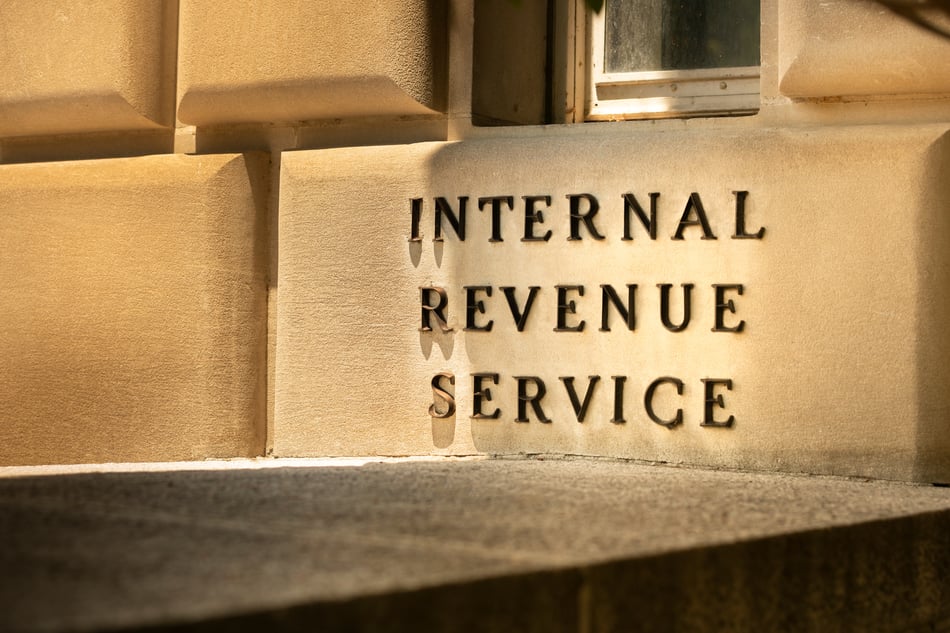

Even genius Albert Einstein found taxes confusing, reportedly telling his accountant that "the hardest thing in the world to understand is income taxes." With April 15 tax day coming up, it's important to know that taxes aren't just a once-a-year task - they should be part of your year-round money planning.
Getting organized is the first step to success with taxes. Keep important papers like your W-2s (yearly wage statements), 1099s (income reports), and donation receipts in one place. This makes it easier to share them with your financial professionals and look for ways to save money on taxes.
Smart tax planning can help you keep more of your money. While tax rules can be tricky, working with a tax professional and/or the right financial advisor can help you find the best strategies for your situation.
Here are five key tax ideas to remember, both for tax season and throughout the year.
Plan Ahead for Retirement Tax Savings
Think about taxes when saving for retirement all year long, not just during tax season. Different retirement accounts have different tax benefits. Your current income, future income plans, and life changes all affect which retirement accounts are best for you.
Know the important deadlines for retirement accounts. You can put money in an IRA (Individual Retirement Account) until tax day, which might lower last year's taxes. But for 401(k) accounts through work, you must contribute by December 31. If you're over 50, you can save extra money called "catch-up contributions."
When you retire, taxes become even more important. You need to plan for Social Security and Required Minimum Distributions (RMDs) - money you must take out of retirement accounts after a certain age. It's best to plan these withdrawals early to avoid penalties.
Use Special Tax-Saving Accounts
There are several special accounts that can help you save on taxes:
- Health Savings Accounts (HSAs) offer three tax benefits: you can deduct what you put in, the money grows tax-free, and you pay no taxes when using it for medical costs.
- Roth accounts are good if you think you'll pay higher taxes in retirement. Your money grows tax-free and your heirs won't pay taxes on it either.
- You might be able to convert traditional retirement accounts to Roth accounts to save on taxes long-term.
- If you make too much money to contribute to a Roth IRA directly, you might be able to use what's called a "backdoor" Roth IRA strategy.
Before you act, always talk to a financial advisor about which strategies work best for your unique situation.
Think About Your Legacy

Planning how to pass on your money to family is important, especially with changing tax laws. Right now, married couples can pass up to $27.22 million to heirs without federal estate tax, and individuals can pass up to $13.61 million. But there's more to think about than just these limits.
Good legacy planning looks at everything - from basic wills to special trust accounts. It can help reduce taxes while making sure your wishes are followed. You might even want to include charitable giving in your plan.
Since each state has different rules about inheritance and taxes, it's important to get professional help with this planning.
Understand Investment Taxes
The start of the year is a good time to plan for investment taxes, not just the end. Different investments are taxed in different ways. For example, if you get company stock as payment (called RSUs), you'll owe taxes when you receive the shares, even if you don't sell them. Mutual funds can create tax bills through their yearly payments to investors.
Think about any big expenses or giving you plan to do this year. Check which accounts would be best to use. Also review how your investments are spread out to help reduce taxes.
Be Ready for Tax Law Changes

Tax laws often change. While President Trump's return might mean current tax laws stay in place, remember that Congress must approve major tax changes. It's smart to stay flexible with tax planning and prepare for different possibilities.
The bottom line? Tax planning should happen all year, not just at tax time. Making taxes part of your overall money planning can help you reach your financial goals more effectively.




